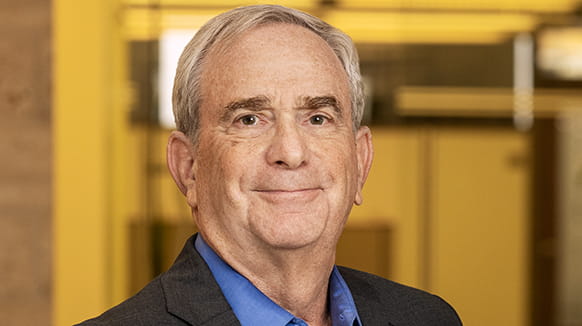Jeff Civins, senior counsel in Haynes Boone’s Environmental Practice Group, was quoted in a Hart Energy article. Read an excerpt below:
A recent survey of producers conducted jointly by Haynes Boone and EnerCom found that producers registered with the U.S. Securities and Exchange Commission (SEC) continue to include more disclosures around climate-related risks and climate change, with most producers including risk factors on several key issues facing the industry.
“There would be exposure to liability on the legal side for a company to make unsubstantiated claims regarding environmental accomplishments in general, and regarding greenhouse-gas (GHG) emission reductions in particular,” said Jeff Civins, senior counsel in the environmental practice group in the Austin office of Haynes Boone. That is part of the reason that most company disclosures keep to Scope 1 and 2 emissions, rather than Scope 3, which are more difficult to both quantify and verify. …
“Methane has a larger carbon footprint than does CO₂, and for the upstream oil and gas industry, the EPA is more focused on methane at present,” Civins said. “But even without regulations, many larger companies are moving in the direction of reduced GHG emissions. That is not necessarily true of the smaller producers and operators. They may need more of a regulatory incentive, versus a push by investors. Both will be helpful in moving the industry toward net-zero. The overarching issue is, where will we be by 2050?”
Lenders are also in a position to add their weight. Civins noted that lending is handled by other partners at Haynes Boone, but did say, “my hunch is that we will see a move in the direction of lending to CO₂ pipeline projects. The logic is that the industry already has expertise in the extraction, transportation and injection of gases. CO₂ is just a different gas, but part of the same overall industry.
“There is also the recognition that fossil fuels will have to be a part of the diverse energy portfolio for many years to come,” Civins added. “And carbon management is now part of that. Upstream and midstream companies already have infrastructure and expertise.” …
“Pipelines have permitting and public-perception issues regardless of what is in them,” Civins said. “For each new proposed line there are different stakeholders with different interests. While the general public, including some environmentalists for example, may view carbon sequestration favorably, those directly affected by the pipeline are likely to have a NIMBY response.” …
“Where to put these things is an important decision,” Civins said. “There are a lot of advantages to the Gulf Coast region–both the geology and the concentration of CO₂ [emitters]across heavy industry, as well as the extensive infrastructure. There are not a lot of other places. There are proposals in many different states, but without those advantages, you have to wonder about how successful they are likely to be.”
To read the full article from Hart Energy, click here.
